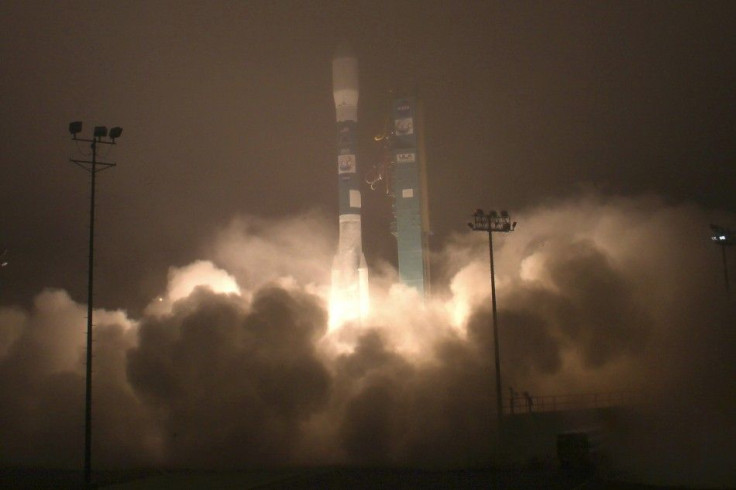A Wild Ride, Orbital Sex Mission: Satellite Carrying Russian Geckos Regains Control After Losing Contact

Russian Foton-M4, launched on July 19, suddenly lost contact with a satellite that was carrying a pack of geckos, one male and four female, and a webcam a week after its launch. After failing to respond to commands initially, the satellite then slowly started responding to commands that were designed so as to activate the engines to a higher and safer orbit.
The science experiment is an orbital sex mission that involved researching if the geckos, 12 centimetre long green beasts, would be able to have intercourse and reproduce little geckos in a zero-gravity ecosystem in the midst of other plants and insects. The mission control worked day and night to ensure establishment of control of the satellite to be able to obtain the footage of the geckos back to Earth.
Space administration authorities from Russia have confirmed that they were successful on establishing contact with the satellite and that the geckos now have a lease, a new one at that, on life.
Along with the Mauritian geckos, five days old, a supply of food and water was sent along with the intention of keeping them alive for a span of several months. With a great escape from a fiery death, the geckos will now be able to enjoy their journey which is being captured by a webcam, whose footage can be viewed from earth.
If the experiment is successful and the geckos are able to produce eggs, a span of forty days is the estimated time for the hatchlings to emerge. In September, the geckos along with their little ones are to come back to Earth in parachutes.
A similar mission took place in 2007 where lizards, gerbils, bugs and spiders were sent into space and it returned successfully. Another mission, along the same lines, failed after it exploded on the launch pad in the year 2013.





















